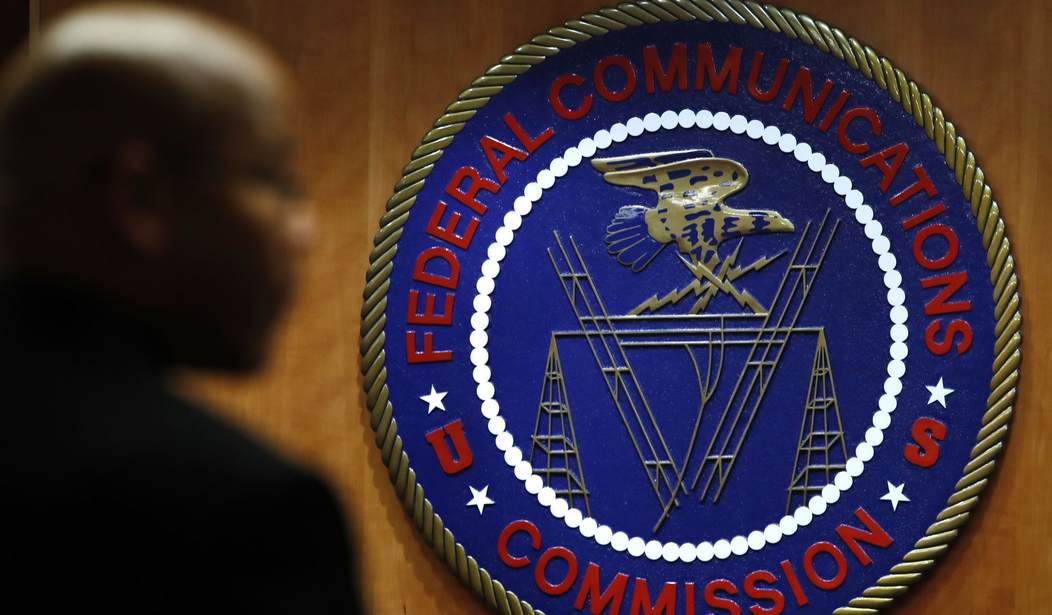The FCC’s Affordable Connectivity Program (ACP) is winding down due to lack of funding by Congress. In a live webcast on YouTube on March 13, 2024, the Commission detailed that the program had ceased accepting new applicants as of February 27, 2024 and that the last day of financial assistance will terminate on May 15, 2024.
The ACP was launched by the Federal Communications Commission (FCC) on December 31, 2021. The program aimed to bridge the digital divide by assisting qualifying low-income households in affording broadband service. Since its inception, the program has aided an estimated 23 million households. The benefits have ranged from a $30 per month discount on broadband bills for qualifying Americans to as much as $75 per month in assistance for persons in need on impoverished Tribal Lands. There was also a $100 assistance to purchase devices feature to help people have the equipment they needed to use broadband for school, work, and other lifestyle benefits of the digital age,
All that is about to come to a crashing end in 60 days. In the aftermath of this federal program, the Public Utilities Commissions of all forty (50) states will have to figure out how to fill the vacuum. Telecommunications companies are scrambling to inform their ACP subscribers about their options to transition to (a) state or company-sponsored discount programs, (b) conversions to regular higher-cost accounts, or (c) abrupt termination of service; the last one being a check box option that was a selectable pre-authorization item in many of the contracts originally signed by subscribers.
The expected outcome is chaos. Chaos in an election year where the swing of 23 million unhappy households of voters can easily dictate who will win and who will lose the November elections. Analytically, this internet access disaster will disproportionately affect the poor people who will be motivated to make their anger known because their children can’t do their homework in an educational system increasingly dependent on technology and adults who will have to go back to minimal lifeline service effectively cutting them off from a US economy also increasingly dependent on technology.
The demand to close the gap on the digital divide remains important to ordinary Americans. As recently as December 29, 2023, I found myself standing in an information booth at the Fresno Fair Grounds. It was the Hmong New Year’s Celebration, an event attended by as many as 10,000 people per day. I was there organizing the booth with the Federal Communications Commission and the National Diversity Coalition. The FCC had flown out two persons from Washington, D.C., to promote the Affordable Connectivity Program (ACP). The team worked tirelessly to inform passers-by about ACP, as well as other utilities assistance programs like California’s CARE and FERA electricity assistance initiatives that help reduce the skyrocketing costs of living in America for people on limited budgets. The response was high with many people either taking an interest for themselves or, just as often, for a relative or friend they knew needed the help.
The worry at the moment is about when it might be possible to reinstate this program. The fear is that it will be too little, too late. The first question is: Can Congress and the White House reinstate the program before the sixty-day wind-down click expires in May? Failing that, can Congress do anything in an election year where the failure to support so many households can become an all too convenient political football to not do the right thing? Will both presumptive presidential candidates call on Congress to unite across the aisle to act? Or will America muddle until 2025 before beginning to address this aspect of the digital divide? And by then, will public trust in government programs like ACP be so eroded that the people the country has been working to ensure are a part of our digital economy will choose not to be part of it?














Join the conversation as a VIP Member